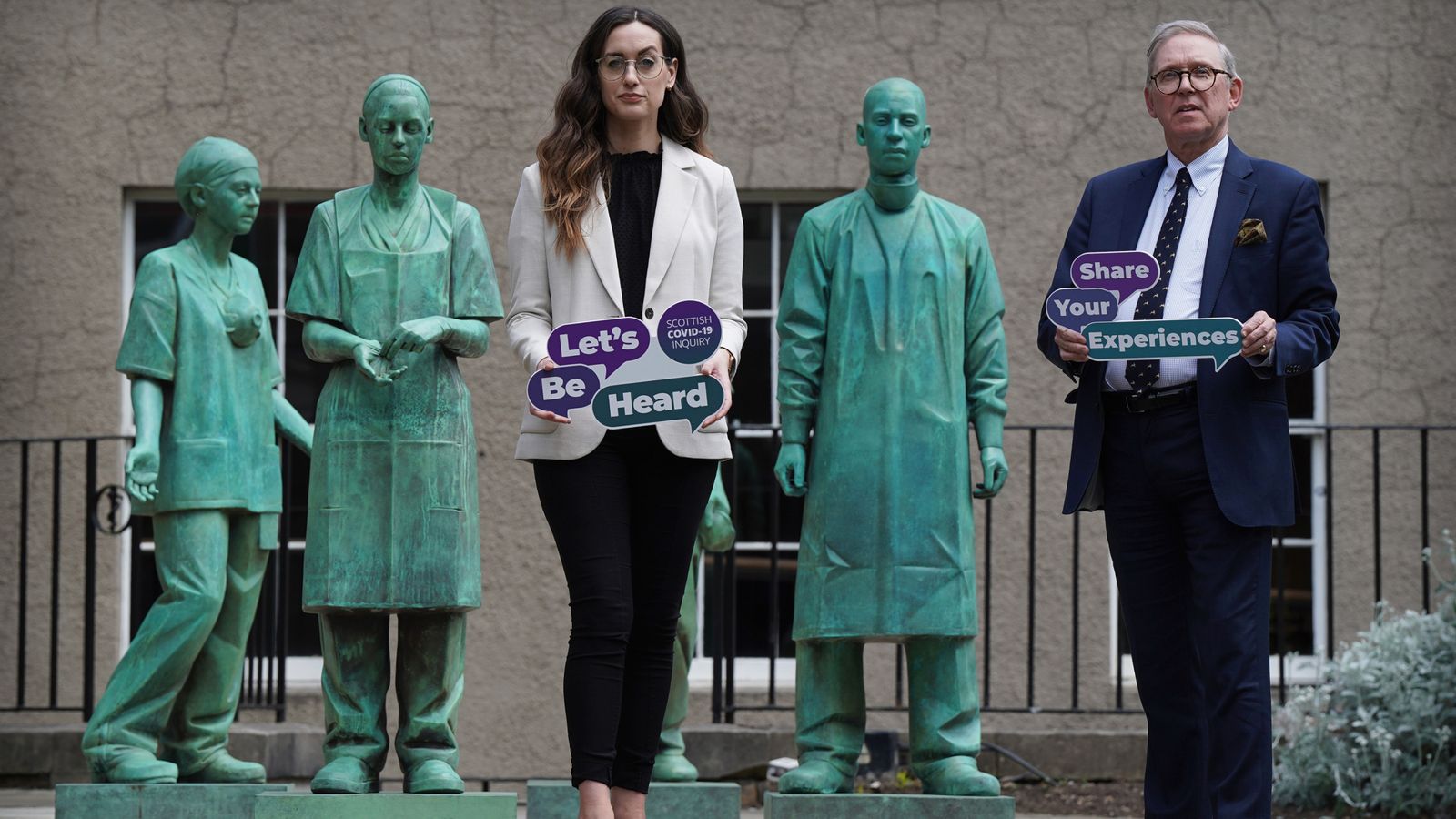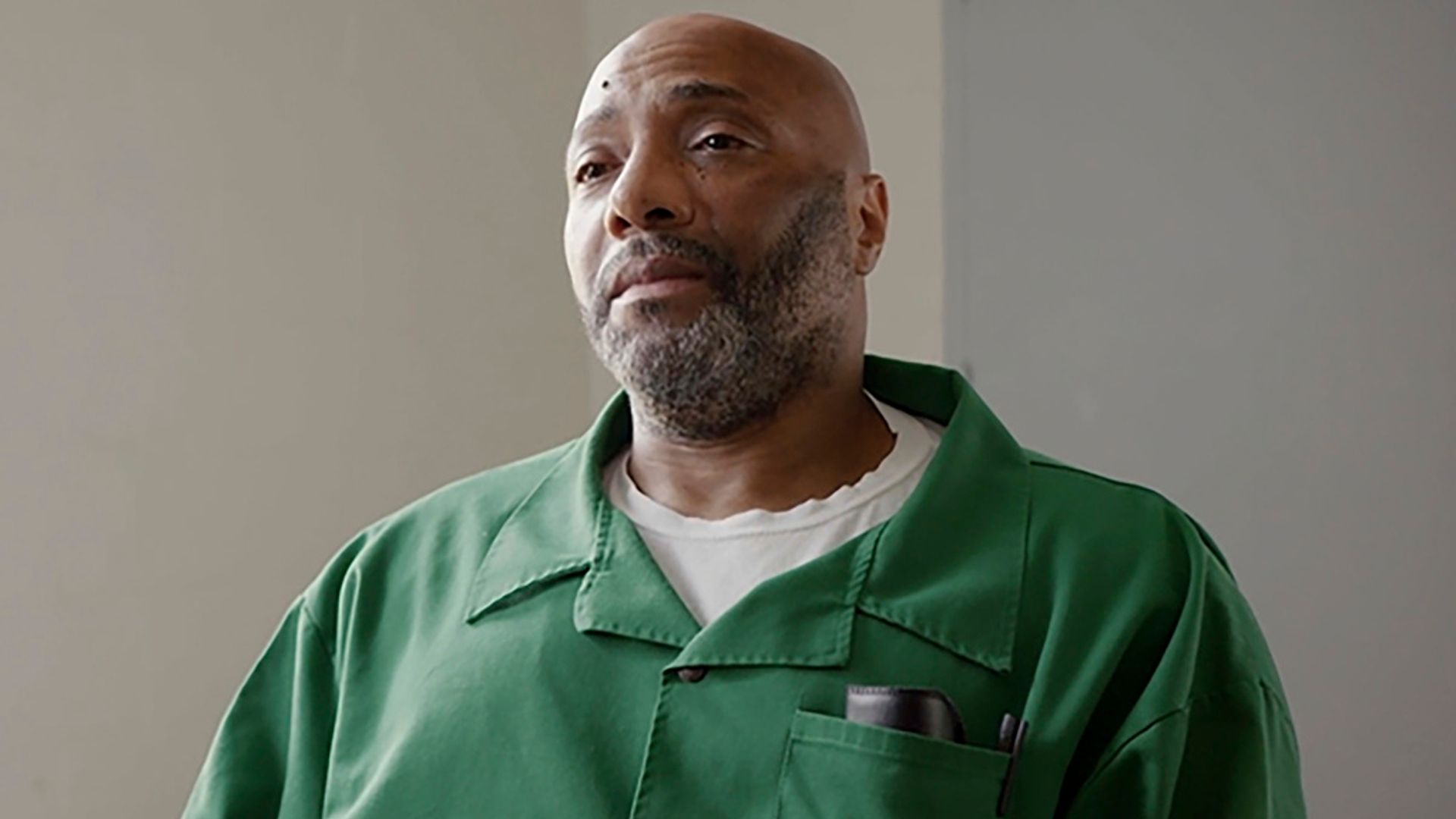Former deputy prime minister Dominic Raab has confirmed he is standing down at the next election.
It is a story about his personal circumstances, but also Conservative prospects.
He was forced to quit the cabinet after a long-running inquiry into bullying allegations against him by officials at three government departments upheld some of the claims.
Politics live: Pressure grows on PM to launch Braverman probe
Given the adverse circumstances, and the difficulty of contesting an election in which his opponents will brand him a bully – although Raab has made clear he thinks the verdict unfair – it would probably be more surprising if he decided to dig in and stand again.
The decision is likely to be a relief to his staunch ally Rishi Sunak, who would otherwise be asked to continually defend an MP whose behaviour has been branded unacceptable.
The prime minister’s gratitude for his support during last year’s leadership contest means some suspect he’ll eventually end up in the House of Lords.
But the departure, while linked to his specific circumstances, also tells us something about the growing exodus in the Tory party.
Please use Chrome browser for a more accessible video player
At the time of writing, there are 51 current MPs who have decided not to stand at the next election – of which 38 were elected as Conservatives in 2019.
They span many tribes – those throwing in the towel after a long innings; embroiled in scandal and suspended from the party; those certain to lose their seats. But also, crucially, the young and ambitious.
Yes, life in politics can take a heavy toll on individuals and families, with social media abuse, threats, and time away from family all driving MPs out. Raab said in his resignation letter that he was concerned about the impact on his two young sons.
But speaking to MPs across all parties, there is a clear sense of despondency among Tories about their prospects of keeping their seats.
Read more:
Which MPs are stepping down the next election?
The list goes on…
Raab’s once-safe constituency of Esher and Walton in leafy Surrey – which he won by 28,000 votes in 2015 – is now marginal, with a majority of just 2,743. The Liberal Democrats, celebrating a round of local elections showing they are back in business, will be targeting it very hard.
Other Tories who are off include young Red Wall MP Nicola Richards, aged 27 in West Bromwich; Dehenna Davison, rising star of the 2019 election, who has an 8,000 majority in Bishop Auckland; select committee chair Robin Walker, 45, with a 6,000 majority in Worcester. The list of those ending their political careers early goes on.
Be the first to get Breaking News
Install the Sky News app for free
Matt Hancock, star of I’m a Celebrity, is leaving politics. Former chancellor Sajid Javid, still in his early 50s, declared he would pursue interests outside Westminster on the day Labour won the Chester by-election.
If the Tories were on course to triumph at the next election, you can’t help but think some of them would stick around.
As one senior Tory put it to me: “People are not happy and are weighing up will I win, and is it worth slugging it out in opposition? For some MPs, they’re at the age where they can have a second career. Some are looking to move to safer seats, which doesn’t bode well.”
The Tory exodus is only likely to escalate as MPs are slowly selected for new seats created by the latest boundary changes. There have already been fierce selection battles among serving MPs as some have seen their seats abolished altogether.
Safe berths elsewhere are few and far between, and there is some resentment about who is getting on the candidates list.
Labour are far ahead of the Conservatives in selections, having already chosen more than 200 candidates. The Conservatives say they will have done 100 by the party conference in October, but as that process rolls on, those deciding it’s not worth waiting for the verdict of the voters looks set to continue.










